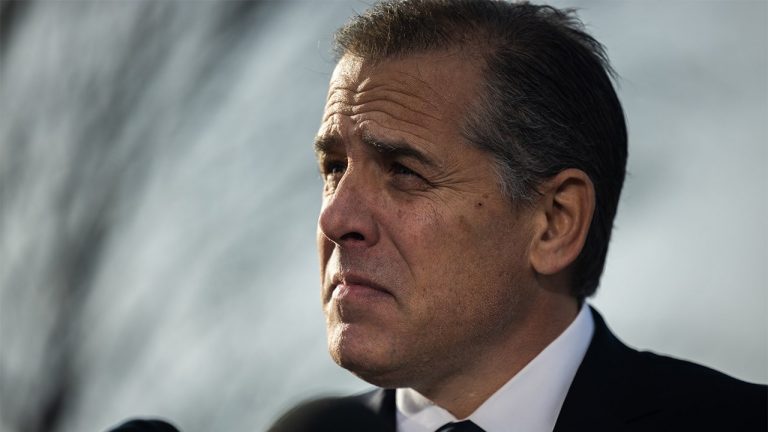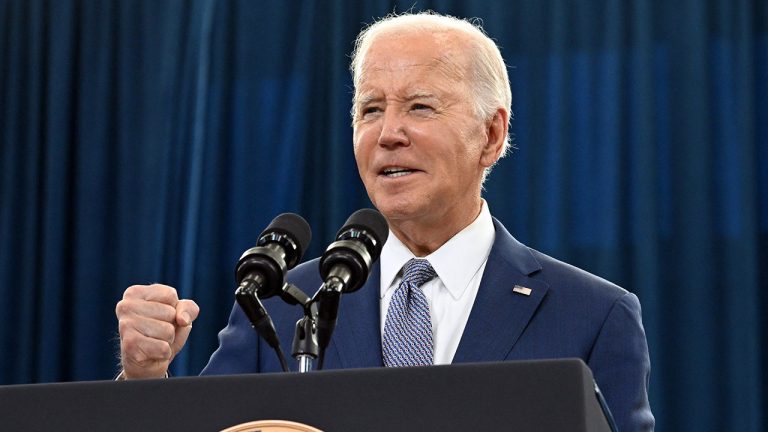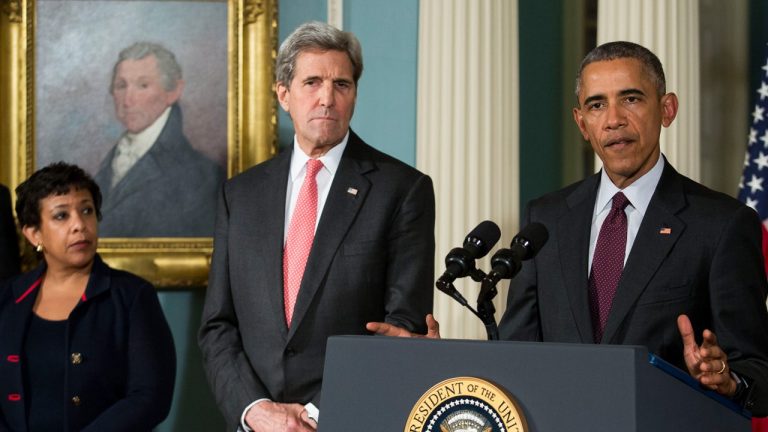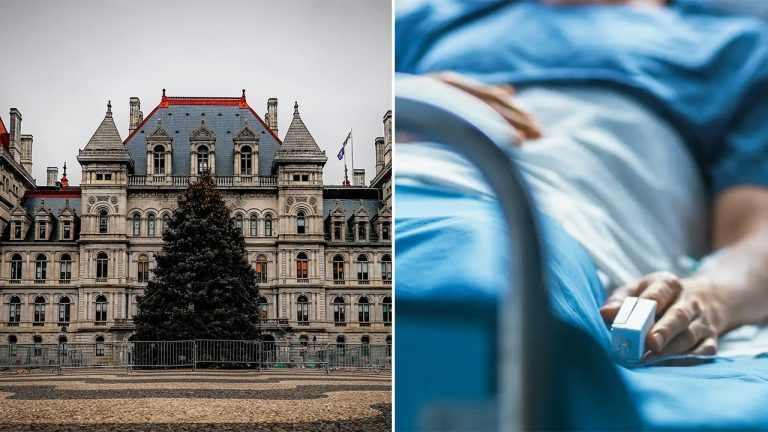Louisiana approves law treating abortion pills like illegal drugs
Abortion-inducing drugs are at the center of a controversial reclassification effort in Louisiana, with a bill on the verge of becoming law that would label mifepristone and misoprostol as controlled and dangerous substances. This move has sparked intense debates among supporters who argue it protects expectant mothers from coerced abortions and doctors who express concerns over potential barriers to essential reproductive healthcare access.
Louisiana, already known for its near-total abortion ban encompassing both surgical and medical procedures, has taken a bold step towards tightening restrictions on abortion-inducing drugs. The legislature’s decision could potentially pave the way for other Republican-led states seeking similar measures to further regulate these medications.
The bill, if signed into law, will place mifepristone and misoprostol on Louisiana’s Schedule IV list of controlled substances, complicating the process of obtaining these drugs. Doctors would need a specialized license to prescribe them, and the drugs would be stored in specific locations, possibly leading to challenges in accessibility, particularly for rural clinics.
While proponents of the bill argue it aims to prevent illicit use of these drugs, critics, including more than 200 doctors who signed a letter to lawmakers, caution that it could impede the timely administration of crucial treatments, exacerbating health outcomes in a state with alarmingly high maternal mortality rates.
Beyond their role in inducing abortions, mifepristone and misoprostol serve multiple medical purposes such as managing miscarriages, initiating labor, and treating hemorrhages. Mifepristone, approved by the FDA in 2000, is considered safe and effective for terminating early pregnancies, while misoprostol is separately endorsed for treating stomach ulcers.
Despite their diverse applications, these drugs are not federally classified as controlled substances due to their perceived low risk of misuse. This sharp divergence from federal regulations, which focus on substances with addiction potential, underscores the contentious nature of the Louisiana bill.
Reflecting the stark political divide, proponents of the legislation, including anti-abortion activists and conservative politicians, applaud the step, while detractors, including Democrats like Vice President Kamala Harris, denounce it as morally reprehensible. The bill’s passage coincides with ongoing legal battles at the U.S. Supreme Court concerning restrictions on mifepristone.
With the bill awaiting approval from Governor Jeff Landry, a staunch conservative aligned with former President Donald Trump, the future of reproductive healthcare access in Louisiana hangs in the balance. Landry’s anticipated backing of the measure underscores the polarizing nature of the issue, drawing attention both nationally and within the state.
A recent survey revealed a concerning trend of women in states with abortion limitations resorting to out-of-state sources for abortion pills, highlighting the complex interplay between state regulations and individual choices in healthcare decision-making.
In light of Louisiana’s stringent abortion laws, which allow exceptions only in cases of maternal health risks or fatal fetal abnormalities, the impending reclassification of abortion-inducing drugs underscores the state’s unwavering stance on reproductive rights.
As the landscape of abortion regulations continues to evolve, with 14 states enforcing comprehensive abortion bans, the implications of Louisiana’s legislative actions extend far beyond its borders, shaping the national discourse on reproductive healthcare and individual autonomy.








